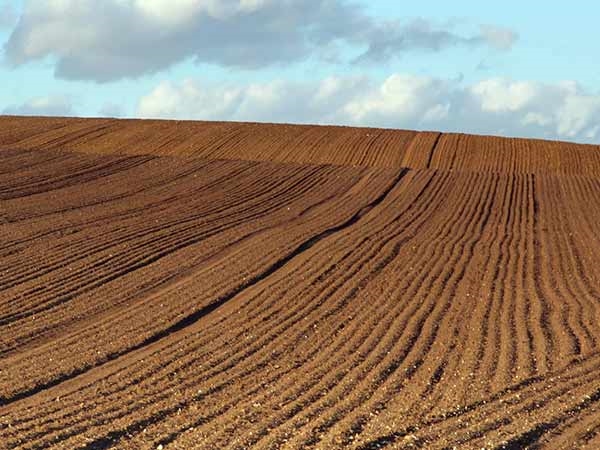Agriculture
Is a Land Redistribution Bill on the cards for Mzansi?─── 05:30 Thu, 10 Feb 2022

OFM News’ Lee Simmons speaks to Annelize Crosby – head of legal intelligence at Agbiz - about her article that focuses on the possibility of witnessing a Land Framework Bill with a strong focus on redistribution this year.
See PODCAST below
She says in 2017, a high-level panel on key legislation recommended to provide a clear framework for redistribution, restitution and tenure, and provide a clear framework for redistribution. Crosby says that the advisory panel on land reform and agriculture supported the recommendation for a national Land Reform Framework Bill. “They proposed that the bill should be gazetted and urgently debated in parliament,” says Crosby.
There have been various programmes over the years that were intended to facilitate redistribution, adds Crosby.
She says the first one was the so-called Settlement Land Acquisition Grant (SLAG) programme from 1997 to 1999.
A state grant of R15 000 was way too little to purchase any land, so beneficiaries had to come together in large groups to buy land, and the numbers were then very often unsustainable, explains Crosby.
Then in 2001, Minister Thoko Didiza introduced a new redistribution programme called the LRAD (Land Redistribution and Development) Programme. Crosby says this programme was geared more toward establishing black farmers. In this programme, grants were made available to beneficiaries on a sliding scale of between R20 000 and R100 000. All beneficiaries were required to make their own contribution, either in cash or in kind, adds Crosby.
In 2006, the Proactive Land Acquisition Strategy (PLAS) was launched to replace LRAD, according to Crosby. She adds that the strategy aimed to speed up the transfer of land through the government’s proactive acquisition of the land in the market for redistribution purposes.
“In theory, the beneficiaries could get ownership after a period: in practice, anecdotal evidence seemed to point to permanent state ownership of the land acquired. It seemed that state ownership of land, in terms of PLAS and the accompanying State Land Lease and Disposal Policy, undermined agricultural investment and productivity as the beneficiaries felt insecure with tenure arrangements under which the state exercised undue influence over their activities,” says Crosby.
She says private sector investment was basically excluded as the commercial banks required tradable tenure rights so that the land could be put up as collateral for loans. She adds that beneficiaries were forever dependent on the state, not only for tenure security but also for production finance.
OFM News/Lee Simmons













